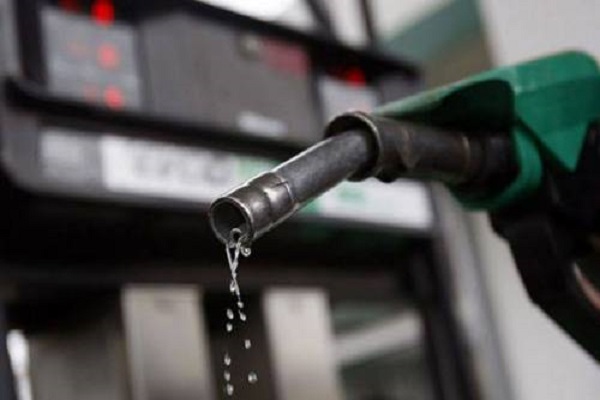The removal of fuel subsidies can have both positive and negative effects on farmers. While it may initially lead to increased costs and challenges, there are several potential benefits for farmers on the long run. Here are some of the benefits of fuel subsidy removal to farmers:
1. Market competition: Fuel subsidies often distort market dynamics by artificially reducing the cost of fuel. When subsidies are removed, the prices of fuel products increase, leading to a more realistic market environment. This can encourage competition among suppliers, potentially resulting in better quality fuel products and services for farmers.
2. Investment in infrastructure: Fuel subsidies consume a significant portion of a country’s budget, limiting funds available for other crucial areas such as infrastructural development. With the removal of subsidies, governments can allocate more resources to build and maintain better transportation networks, rural roads, irrigation systems, and storage facilities. Improved infrastructure can enhance farmers’ access to markets, reduce post-harvest losses, and increase overall agricultural productivity.
3. Rational resource allocation: Fuel subsidies often lead to inefficient use of resources. When fuel prices are artificially low, there is little incentive for farmers to adopt more efficient and sustainable practices, such as using modern machinery, investing in energy-efficient technologies, or exploring alternative energy sources. Removing subsidies can encourage farmers to optimise their resource use, adopt better practices, and invest in technologies that reduce their dependency on fossil fuels.
4. Environmental benefits: Fuel subsidy removal can contribute to environmental sustainability. Subsidies tend to encourage excessive fuel consumption, leading to higher greenhouse gas emissions and air pollution. By eliminating subsidies, there may be greater emphasis on energy conservation and adoption of cleaner energy alternatives in agriculture. This can help mitigate climate change, improve air quality, and protect natural resources for future generations of farmers.
5. Economic diversification: By removing fuel subsidies, governments can redirect the saved resources towards other sectors, such as education, healthcare, and rural development. This can stimulate economic diversification, create new employment opportunities, and provide farmers with access to services and infrastructure that enhance their livelihoods. A more diversified economy can also reduce the vulnerability of farmers to fluctuations in global fuel prices.
It is important to note that the impact of fuel subsidy removal can vary, depending on the specific circumstances, policies, and support systems in place in each country. Governments should consider implementing support mechanisms and targeted programmes to assist farmers during the transition period and mitigate any potential negative impacts.

